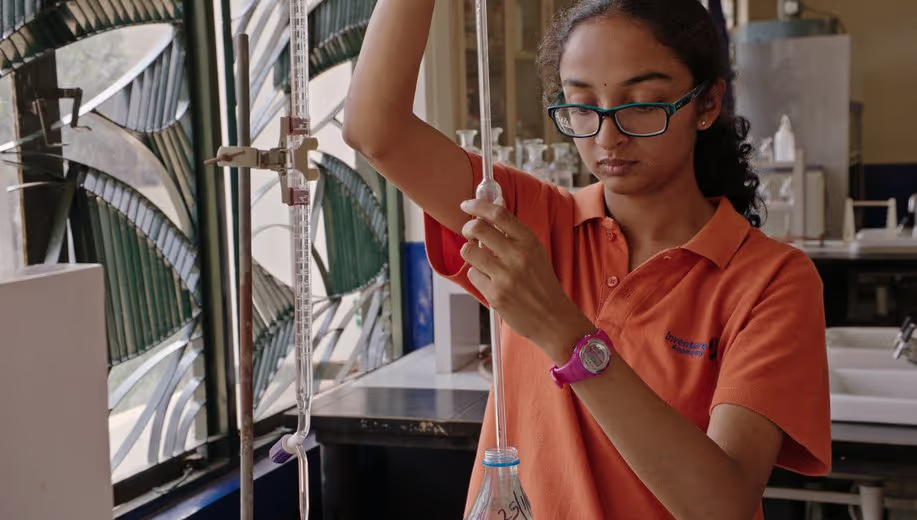Inventing Tomorrow Delve Deeper Reading List
Adult Nonfiction

Colopy, Cheryl.Dirty, Sacred Rivers. Oxford University Press, 2012.
Dirty, Sacred Riversexplores South Asia’s increasingly urgent water crisis, taking readers on a journey through North India, Nepal, and Bangladesh, from the Himalaya to the Bay of Bengal. The book shows how rivers, traditionally revered by the people of the Indian subcontinent, have in recent decades deteriorated dramatically due to economic progress and gross mismanagement.
Eriksen, Marcus.Junk Raft: An Ocean Voyage and a Rising Tide of Activism to Fight Plastic Pollution.Beacon Press, 2017.
A scientist, activist, and inveterate adventurer, Eriksen is drawn to the sea by a desire to right an environmental injustice. Against long odds and common sense, he and his co-navigator, Joel Paschal, construct a “junk raft” made of plastic trash and set themselves adrift from Los Angeles to Hawaii, with no motor or support vessel, confronting perilous cyclones, food shortages, and a fast decaying raft. As Erikson recounts his struggles to keep afloat, he immerses readers in the deep history of the plastic pollution crisis and the movement that has arisen to combat it.
Greene, Ronnie.Night Fire: Big Oil, Poison Air, and Margie Richard’s Fight to Save Her Town.HarperCollins Publishers, 2008.
Margie Eugene Richard was raised in the shadow of a giant chemical plant operated by Shell, and witnessed her neighbors fall ill amid the toxic waste the plant emitted year after year. Her own sister, Naomi, eventually succumbed to a rare lung disease linked to environmental hazards. Determined to see Shell take responsibility for its actions, Margie and her neighbors— largely poor and with few obvious resources—educated themselves not only on the consequences of environmental poison but also how to fight back.
Jacobs, Chip and Kelly, William J.Smogtown: The Lung-Burning History of Pollution in Los Angeles.Overlook Press, 2008.
Smogtownis the story of pollution, progress, and how an optimistic people confronted the epic struggle against airborne poisons barraging their hometowns. With wit, verve, and a fresh look at history, California based journalists Chip Jacobs and William J. Kelly highlight the bold personalities involved, the corporate-tainted science, the terrifying health costs, the attempts at cleanup, and how the smog battle helped mold the modern-day culture of Los Angeles.
Klein, Naomi. This Changes Everything: Capitalism vs. the Climate. Simon & Schuster, 2014.
Klein exposes the myths that are clouding the climate debate. We have been told the market will save us, when in fact the addiction to profit and growth is digging us in deeper every day. We have been told it’s impossible to get off fossil fuels when in fact we know exactly how to do it—it just requires breaking every rule in the “free-market” playbook: reining in corporate power, rebuilding local economies, and reclaiming our democracies.We have also been told that humanity is too greedy and selfish to rise to this challenge. In fact, all around the world, the fight for the next economy and against reckless extraction is already succeeding in ways both surprising and inspiring. Climate change, Klein argues, is a civilizational wake-up call, a powerful message delivered in the language of fires, floods, storms, and droughts. Confronting it is no longer about changing the light bulbs. It’s about changing the world—before the world changes so drastically that no one is safe. Either we leap—or we sink.
